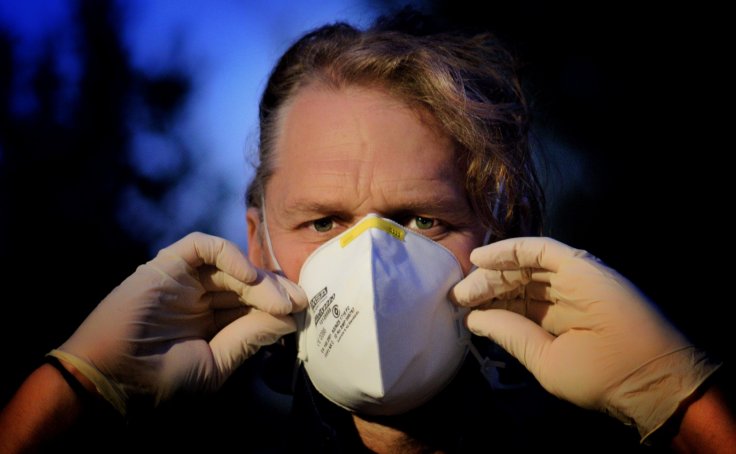The Coronavirus pandemic, which began as an epidemic in China's Wuhan, has killed over 2,460,400 people all over the world, while in the US the number is more than 497,000. But an expert from the Johns Hopkins University has said that the COVID-19 could be "mostly gone" by April 2021.
Marty Makary is a teacher at the Johns Hopkins University's School of Medicine and Bloomberg School of Public Health. In a recently published opinion piece in Wall Street Journal he said that the daily infections have declined by 77 percent since January.
"My prediction that COVID-19 will be mostly gone by April is based on laboratory data, mathematical data, published literature and conversations with experts," he added.

He believes that there is a legitimate reason to think that the US—the most affected country in the world—is racing toward an extremely low level of Coronavirus infection.
"As more people have been infected, most of whom have mild or no symptoms, there are fewer Americans left to be infected. At the current trajectory, I expect COVID will be mostly gone by April, allowing Americans to resume normal life," explained Makary.
Vaccination and Herd Immunity
As of February 20, over 197.6 million vaccine doses have been administered worldwide. Even though the winter storm across the US has delayed the delivery of almost 6 million vaccine doses, around 60 million doses have been given to Americans.
According to Makary, vaccination and the high number of Americans who have been infected by the virus could contribute to herd immunity in the spring. However, along with other experts, the White House has not been as optimistic, with some claiming that the herd immunity may not be reached until much later in 2021.

Before the pandemic, most people were not familiar with the word—herd immunity. But after the Coronavirus began to spread in all continents, some experts advised aiming for herd immunity, while many opposed it and called it a dangerous idea.
As explained by the healthcare professionals, herd immunity can occur when enough people become immune to a virus and that brings the end of the pathogen spread. The John Hopkins expert believes that it would protect against new strains of the novel Coronavirus from spreading.
He also wrote in the opinion piece: "When the chain of virus transmission has been broken in multiple places, it's harder for it to spread — and that includes the new strains."









